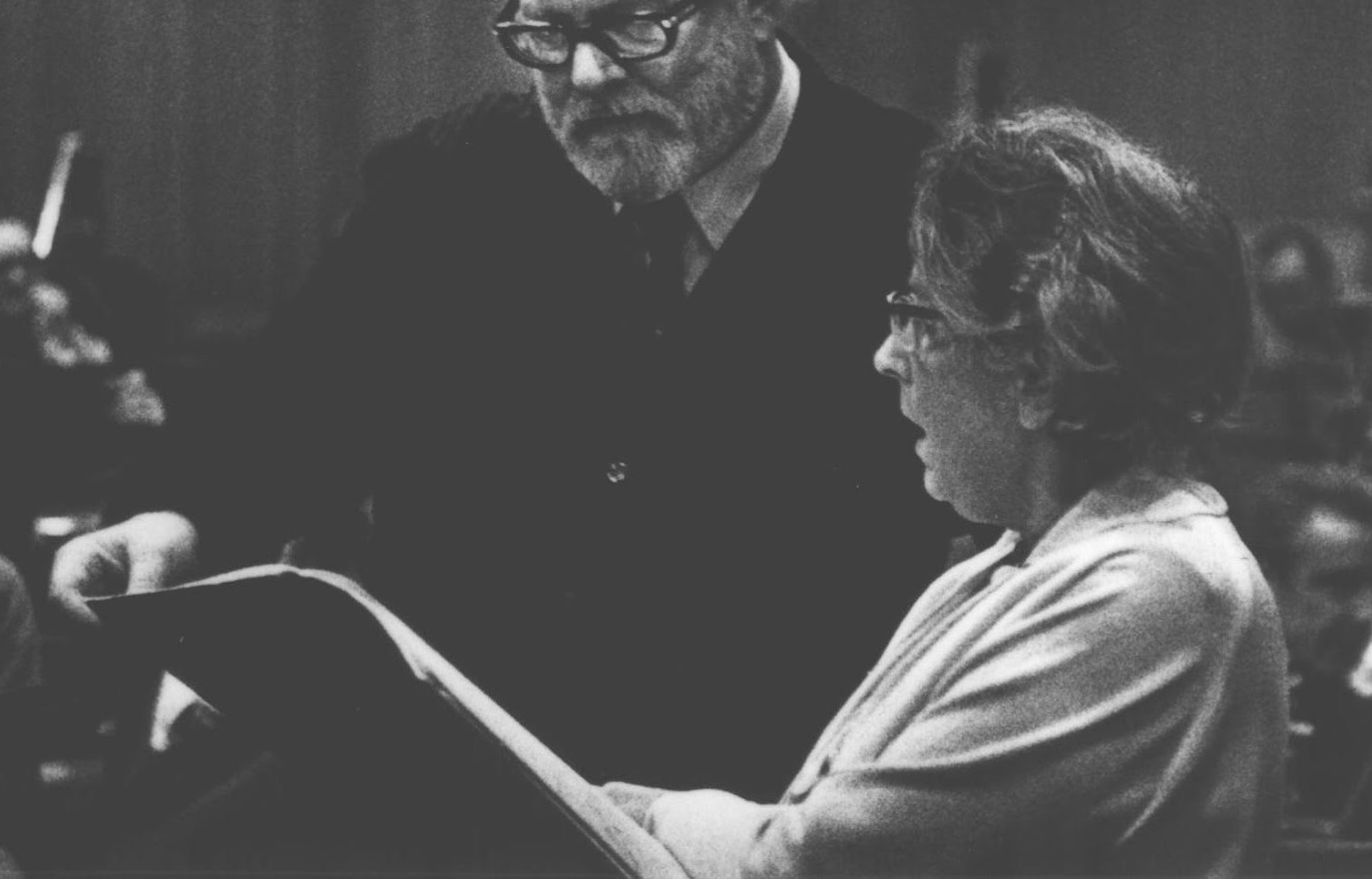
As part of our #afemalecomposerday campaign marking International Women's Day, we highlight the life and work of composer Grace Williams.
Grace Williams- "To compose music is to do something off the beaten track, even if you're a man. But if you're a woman composer it is considered very odd indeed."
Born in Barry, Wales, in 1906, Grace Williams was generally regarded as Wales’s most notable female composer.
In 1923 Grace won the Morfydd Owen scholarship to Cardiff University where she studied under Professor David Evans, and in 1926 she proceeded to the Royal College of Music, studying under Gordon Jacob and Ralph Vaughan Williams.
During her career, Grace wrote two symphonies, the earlier being largely regarded as the first symphony ever composed by a Welsh composer. In addition to such, her repertoire includes a mass, one opera, numerous other pieces for orchestras and chamber ensemble, as well as many accomplished vocal works. But perhaps most noteable of her works was in 1949 when Grace Williams became the first British woman to score a feature film, with Blue Scar.
It is known that her pieces were often influenced by the Welsh landscapes and the ever changing mood of the sea, and one of her most popular compositions remains her Penillion, written in 1995 for the National Youth Orchestra of Wales. Take a listen to it here:
Records of Grace Williams held by the BMC physical archive:
The British Music Collection boasts not only an online collection, but an extensive physical collection, which is held in Huddersfield at Heritage Quay. Within the collection records of Grace can be found, which may include reocrds such as assorted biographies, reviews and programmes, scores and recordings. To find out how to visit the physical archives, follow this link to the Heritage Quay site.
Grace Williams' British Music Collection profile can be found online here.